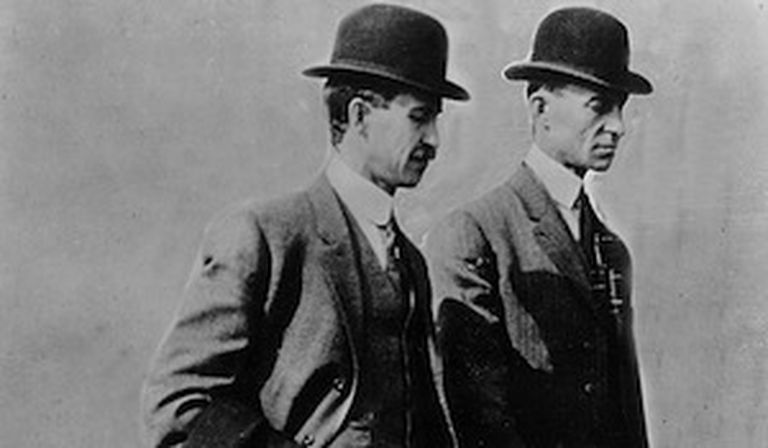Anyone who knows Joe Panettieri, knows that I got very lucky early on in my career to meet him. Joe and I complement one another in business (here at After Nines Inc. and ChannelE2E) in such a rare way that sometimes I get to thinking about how it all came together, and we have continued to build our partnership.
Across the IT channel, we know VARs and MSPs that have co-founders or co-owners who complement each other well. Names like...
- Michael Drake and Gary Wiseman (of masterIT);
- Nick Bock and James Bowen (Five Nines);
- Jacob Cane and Dave Cava (Proactive Technologies);
- George Mach, Howard Borochaner, Gary Pica, Bob Penland (a rare foursome at Apex IT Group);
- and many others come to mind.

But not all partnerships work out. Steve Jobs, after all, wasn't exactly fair in his dealings with Steve Wozniak. And we all know business partners that ultimately "got divorced." So how do you find the right partner? How do you make the partnership last? How do you keep things equitable? I've compiled a small checklist that you can use when you are searching for the right business partner fit.
FIRST: Do you think you need a business partner? If you answered no, you may be wrong. Going it alone is lonely, tiring and monotonous. Also, contrary to your beliefs, you don’t know everything. Now that we have that straight, let’s get to some tips for finding your perfect business match…
Personal Criteria

1. Financial Situation: Make sure your financial needs are similar to your prospective partner. If your partner needs to make 50% more than you to run his/her household, that is a red flag. Be sure you are both on the same page in terms of financial needs and goals before you sign any paperwork.
2. Home Life: I have found Joe and I work well together because we are both at similar life stages. We have to balance our work and family life, and need to be free to drive to at least 1,000 athletic and musical events per week between our five kids. If you are in a similar situation, it may be hard to partner with someone who can work all day and night and doesn’t understand that you want to have dinner with your family. This isn’t a deal breaker, but just make sure your potential partner understands your work/life balance.
3. Likability: Really, this is big. A business partnership, is in many ways, like a marriage. You have to LIKE your partner because you are going to be spending an awful lot of time together, making really difficult decisions, and working through extreme highs and lows during the course of your career. If you don’t get that ‘likable’ feeling right off the bat, finance needs and home life similarities aren’t enough to sustain a great partnership.
Professional Criteria

Now that you’ve checked off the personal criteria boxes, let’s think about professionally how you and your potential partner complement one another at work.
1. Duplicate Skill Set: I see this all the time. Two people with the same background and skill set decide to start a business. They struggle to ‘take charge’ doing the same things and they also lack the same skill sets, resulting in the business not being fully attended. One of the reasons that Joe and I mesh well is that he is a brilliant content strategist and a technology whiz -- he can create content that amazing and make sure our technology is up to date and running smoothly. I, on the other hand, am more focused on running the daily business and sales/client relationships; I do the back-end work that no one sees but gives us the ability to grow, and I enjoy that. Joe understands and appreciates what I do, and vice versa. And we both know that we could not be as successful alone. Take that into consideration...

2. Similar Work Ethic: Starting and building a business is hard, tiresome and exhilarating work. Be sure both you and your prospective business partner understand the work commitment. If one of you is more focused on a 9-5, no weekends, no nights and the other will work 20 hours a day; this is probably not a good sign. There will be resentment and frustration, leading to less than stellar work outcomes.
3. Flexibility: Every day in a start-up, you have to make decisions that will affect your business success. Make sure your potential business partner is open to conversation and debate and flexible enough to reconsider original plans. It’s really important to be okay with reversing direction or trying something new in order to grow.

What other important points have you found make a good, or bad, business partner? I’d love to hear your thoughts. Good luck on your journey.
Amy Katz is a technology entrepreneur who has launched, built and sold a range of IT media platforms. As president and CEO of After Nines Inc., she oversees business development, sales and finance for the overall company and ChannelE2E. Read all of her blogs here.




